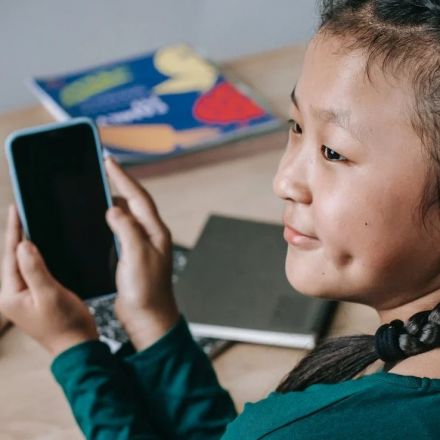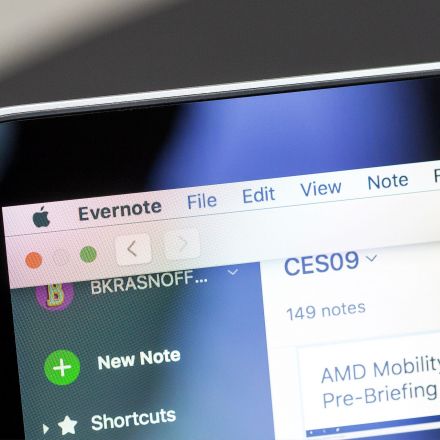Balancing Screen Time: How to Limit Screen Addiction in the Family
One of the common issues of living in the modern era is screen addiction. It is common in children, teens and adults as well. As spending too much time in front of a screen has adverse effects on child development, parents have an essential role in balancing screen time and limiting screen addition in the family. Keep reading to learn more about how to do that efficiently. Spending too much time on different kinds of screens adversely affects people, especially children in development. Excessive screen time can also cause addiction and behavioural issues. If we manage it well, we can prevent it from happening. We can do that by planning our
Adverse effects of too much screen time
Spending too much time in front of screens such as phones, tablets, and laptops can adversely affect the people involved. This is especially true for young children in development. Several crucial areas are affected. They include physical health, social and emotional development, cognitive development and academic performance. Let’s see how they are affected exactly.
Physical health
Looking at and using screens for an extended period leads to a sedentary lifestyle, the main cause of several health issues and obesity. Also, being exposed to screens for a prolonged time is followed by inadequate lighting and posture, which can further strain eyes, disturb regular sleep patterns and cause headaches.
Social and emotional development
When kids are overexposed to screens, it can impede their social skills development. Children can have trouble understanding non-verbal cues and developing empathy by reducing in-person communication and interaction. This could affect their emotional intelligence.
Cognitive development
Another area that can be affected by screen overexposure is cognitive development. Having a short attention span is one of the significant issues for children nowadays. It is the result of too much screen time. Scrolling and rapidly switching images and videos can affect their ability to concentrate and process information.
Academic performance
What is also closely related to screen use is academic performance. Excessive use of screens can impact the children’s academic performance negatively. Spending too much time watching screens can reduce reading habits and decrease study time.
Addiction and behavioural issues
It is true that the internet and screens, especially smartphones, have brought us many positive changes and advantages. For example, nowadays, parents can simply type in Google ‘best childcare near me’ and get several matching results, displaying all the essential information about them and reviews. So, parents can find convenient childcare easily, in a few clicks. However, besides the positive changes, it has also brought some negative ones, such as addiction and behavioural issues, such as digital dependency, aggression and irritability, sleep disturbances and poor time management.
Digital dependency
As children are too young to understand what is too much time spent on screens. So, we as parents must set limits and boundaries. Children who spend too much time using screens are at risk of developing digital dependencies. This behavioural pattern is reflected in a compulsive need to use any device, causing anxiousness otherwise.
Aggression and irritability
Studies have shown that increased screen time causes aggressive and irritable behaviour in children. If children are exposed to violent content, it adds to those aggressive tendencies.
Sleep disturbances
Screens emit blue light, which interferes with melatonin production, a sleep hormone. That’s why avoiding looking at the screen at least one to two hours before bed is recommended. It can cause difficulties falling asleep and staying asleep, which leads to inadequate rest.
Poor time management
Another thing that excessive use of screens affects is the development of time management skills. Children prioritise digital activities over school-related ones, such as studying, doing homework and participating in extracurricular activities. Not only that, but also chores.
How to manage screen time effectively
We need to learn how to manage screen time effectively to prevent these adverse effects and behavioural issues. Keep reading to learn how to do that - there are several things parents can do.
Plan your family screen time
The first thing you should do is plan your screen time use together as a family. The whole family should be involved in planning and discussion. You should start by explaining what unhealthy screen indulgence is and how it happens. Talk about the harmful effects of excessive screen use. Encourage your family members to share their concerns and opinions on the subject. You can include videos of people sharing their stories about how technology affected their lives so that they can have real-life input. Doing this step as a family creates a supportive environment where a unified effort to make a change is apparent.
Create a list of fun things to do instead
Sometimes, kids resort to their phones or tablets because they are ‘bored’ and ‘have nothing to do’. They need your help in terms of other activities they can do. It is not their fault per se, as they are not fully developed to grasp this. Even we, as adults, sometimes have trouble figuring out everything we could be doing. So, what can help in such instances is creating a list of fun things to do instead of using screens. You can make it a family activity and work on a list of potential activities. It is helpful for the whole family. It is easier to have a list to look at and pick an activity we are in the mood for.
Keep electronic devices in a designated space
When phones and tablets are easy to access, we are more tempted to use them. The same is true for kids. To prevent using screens out of boredom, we should have a designated space where we keep them. The space shouldn’t be too easy to reach. Make it more challenging so kids wouldn’t so quickly resort to them. This will surely make impulsive use hard. In this case, things out of sight are indeed out of mind. Moreover, it helps establish healthy boundaries between screen time and other activities.
Promote meaningful screen use
Even though we have only spoken about the adverse effects of screen time, there are undoubtedly many positive ones. We will now focus on them. Phones and tablets provide many possibilities for learning and expanding our horizons. Parents are mature adults with highly developed consciousness (or at least they should be), so it is up to them to teach their kids how to use screens properly. We should show them different kinds of educational content and games. Not everything on screens is terrible - there are plenty of valuable things. Productive content promotes growth and fosters learning. Help them in exploring various age-appropriate games, apps and websites.
Be a role model
Another crucial thing we mustn’t forget about is that parents should be role models. Children closely observe their parents and what they do, copying everything. So, you can’t expect your children to have and develop screen time boundaries if they see you constantly with your phone in your hands. If they see you doing that, they will think that is how it should be, and they will probably behave the same. Focus on modelling mature and healthy screen time habits - prioritise face-to-face interaction with your family. You inspire them to balance and realise the importance of live interaction and communication.
Use parental control
Since we have functional parental control features on all devices, we should use them. You should always consider and examine what your children watch and play. If you encounter inappropriate content, you should block it with parental control software. The internet is full of harmful and detrimental apps and websites, so we should be mindful of them. Kids can adopt some negative thoughts and attitudes by being exposed to these. Even though it takes time and effort, it is achievable. You should do everything possible to protect your kids from uncontrolled screen exposure.
Recommendations for screen time
When it comes to recommendations for screen time use, they vary from age group to age group. We divided them accordingly into several categories.
Toddlers - 1-2-year-olds
Wait for screen time until 18 months, except for video calls with family. Include short, high-quality content for 30 minutes for 2-year-olds.
Preschoolers - 3-5-year-olds
Screen time should be limited to one hour a day and involve high-quality programs. Watch it together with your kids and discuss the content.
Early elementary school children - 6-9-year-olds
For early elementary school children, screen time should be limited to one, one and a half hours a day. The content should be educational and quality. You should encourage other activities such as hobbies, physical activities, and outdoor play.
So, one of the tasks as parents is to teach our kids how to use the internet and devices to their advantage. Of course, there should be a balance between education and fun and other activities that don't involve using screens.





























Join the Discussion